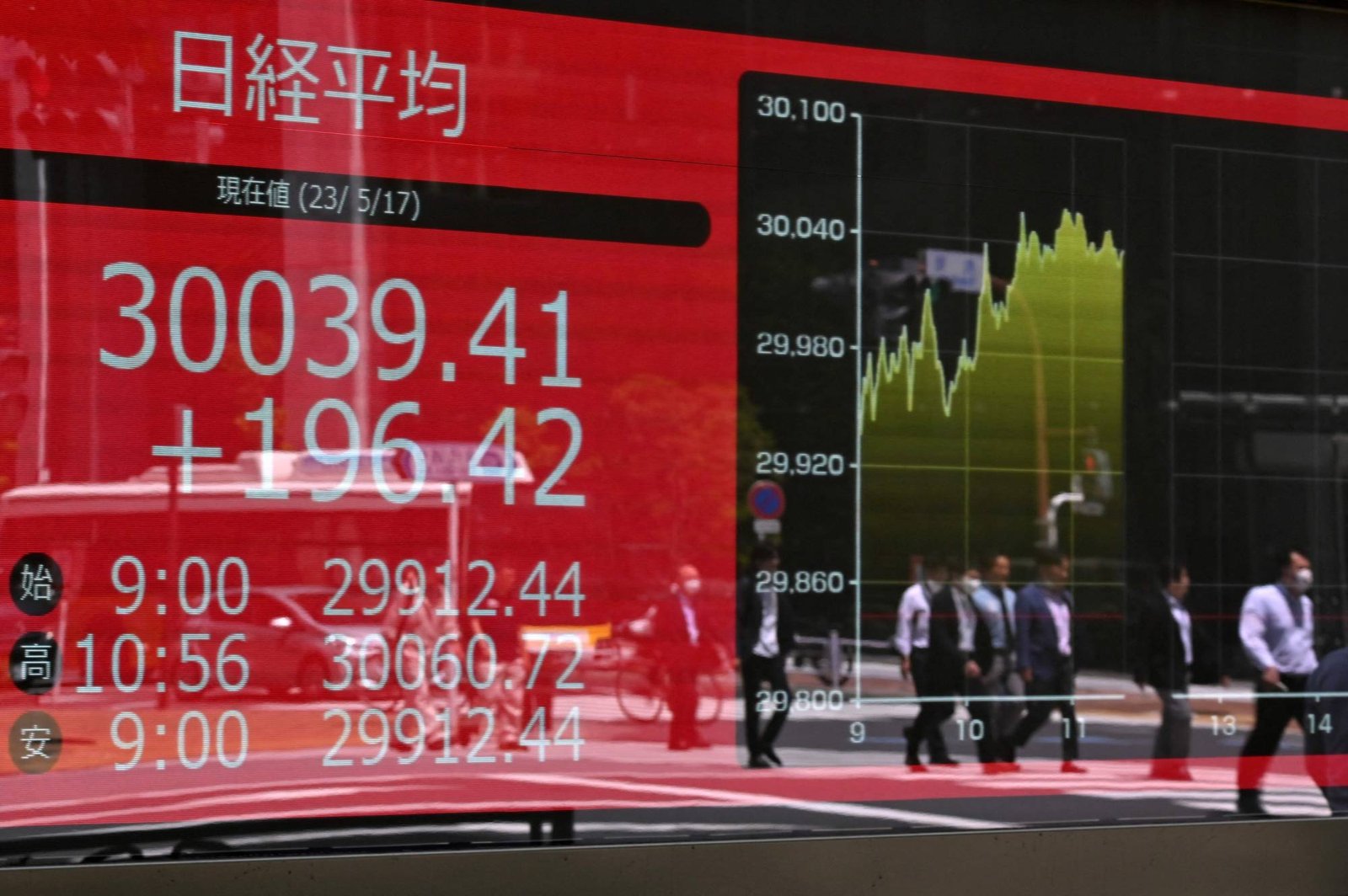A wave of cyberattacks targeting Japanese brokerage accounts has triggered fraudulent trades worth over ₹6,070 crore, rattling investor confidence and putting the government’s push for retirement investing at risk.
Victims say they’ve been abandoned by brokers and law enforcement alike, raising alarming questions about accountability and cyber hygiene in Japan’s financial ecosystem.
Hacked and Helpless: Japanese Investors Lose Millions as Brokerage Accounts Compromised
What began as isolated complaints in February has snowballed into one of Japan’s most widespread cyber fraud incidents, with fraudulent trades worth over ₹6,070 crore, reported by April.
Criminals are hijacking brokerage accounts, primarily through online trading platforms, to artificially pump thinly traded stocks—especially penny stocks in China, Japan, and the U.S.
Victims, many of whom were investing for their retirement, report having large sums wiped out, with brokers allegedly refusing to accept responsibility or issue refunds. The scam works by gaining access to user accounts through browser-based vulnerabilities, allowing the attackers to purchase low-volume stocks, drive up prices, and enable prior investors (possibly the fraudsters themselves) to cash out.
At least eight major brokers, including Rakuten Securities, SBI Securities, Nomura, Monex, and Daiwa, have reported unauthorized trading on their platforms. Despite growing pressure, many are only promising to review compensation “on a case-by-case basis.”
Victims Speak Out: “We Are So Powerless”
At the center of the public outrage is Mai Mori, a 41-year-old part-time worker from Aichi, who says her retirement account with Rakuten Securities was used to make unauthorized purchases of Chinese stocks, draining 12% of her portfolio—about ₹38,830.
ALSO READ: Call for Cyber Experts: Join FCRF Academy as Trainers and Course Creators
When Mori approached Rakuten, she was told to file a police report. However, local police refused to register her complaint, stating that Rakuten Securities not she was the legal victim. Rakuten, in turn, disavowed fault, leaving Mori in bureaucratic limbo.
Another victim, a Tokyo-based man in his 50s, lost ₹30.35 lakh when his account was used to trade on margin a feature he had never previously used. His entire portfolio of S&P 500 index funds was liquidated to cover the losses.
One of the stocks he said was manipulated, DesignOne Japan Inc., saw a spike in trading volume from a daily average of 194,000 shares to 5.8 million on a single day April 16.
Despite the scale of losses and the growing number of affected investors 736 cases in just the first half of April most say they are being left to shoulder the burden alone. Mori described the emotional and financial toll: “We are so powerless. It’s no use.”
Accountability Crisis: Government Response, Weak Authentication, and Investor Fear
The Japanese government has urged brokers to “act in good faith” and compensate customers where appropriate, but has stopped short of mandating payouts. Finance Minister Katsunobu Kato emphasized the need for dialogue between firms and victims, while the Japan Securities Dealers Association (JSDA) has called for mandatory multi-factor authentication across all platforms.
JSDA Chairman Toshio Morita criticized firms for issuing blanket refusals of compensation, saying such responses were “not acceptable.” Despite this, brokerage platforms continue to operate under lax standards, especially in comparison to global practices.
Experts believe that most of the attacks rely on “adversary-in-the-middle” attacks and infostealers—tools that exploit browser-based login systems by redirecting users through phishing links or injecting malware to steal credentials.

These techniques are notably successful in Japan due to the country’s continued reliance on browser-based access rather than secure mobile apps, says cybersecurity expert Yutaka Sejiyama of Macnica.
According to a Macnica Security Research report, over 105,000 leaked credentials have already been identified in Japan. Despite these red flags, brokers have been slow to upgrade their systems or proactively notify users.
This wave of financial cybercrime could seriously damage Japan’s long-term investment goals. The government’s tax-free Nippon Individual Savings Accounts (NISA) saw a 20% surge in adoption in 2024, but that momentum is now at risk.
“For those new to investing, this kind of incident only confirms their fears,” said Yusuke Maeyama, a researcher at NLI Research Institute.



